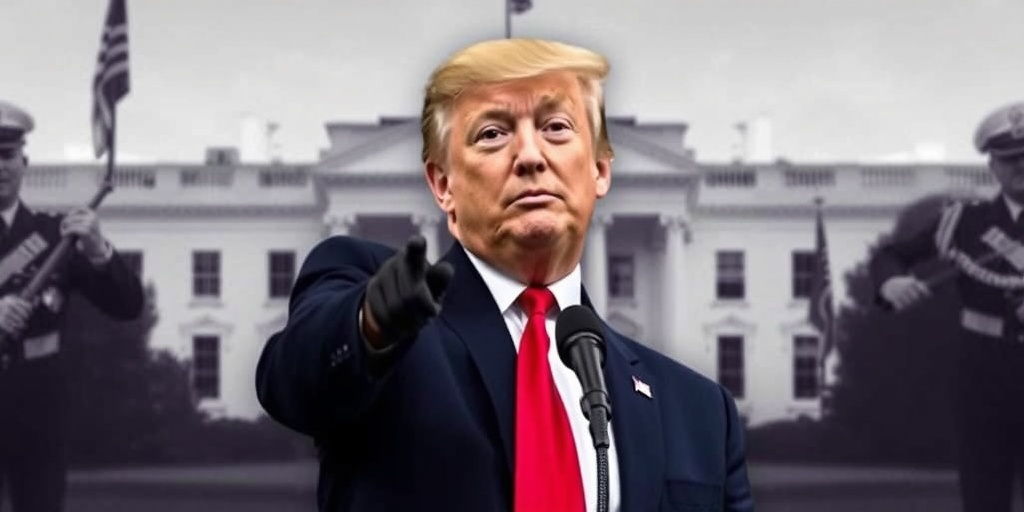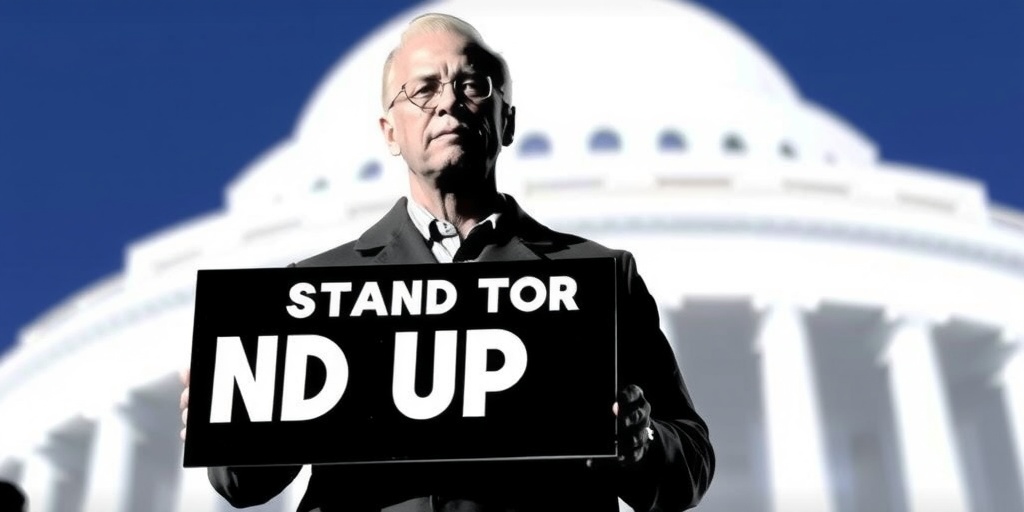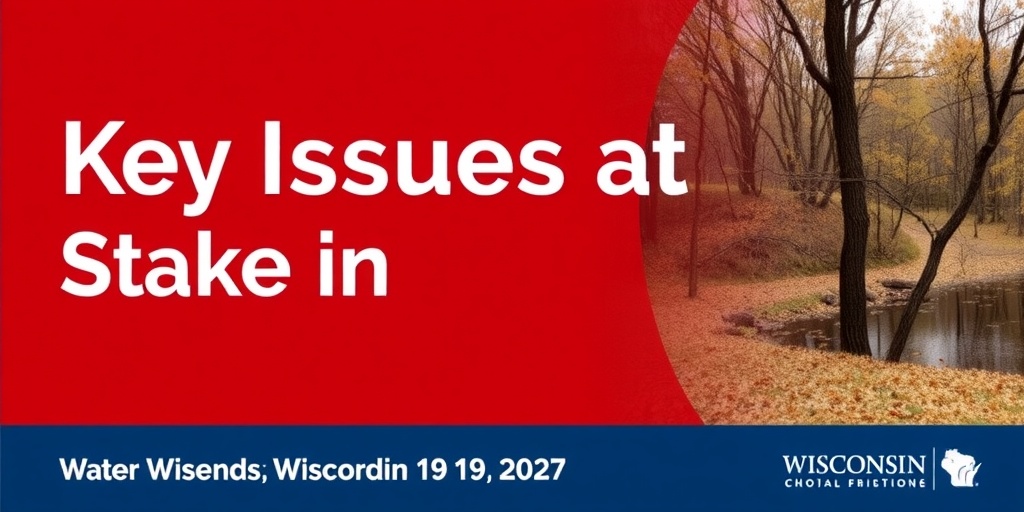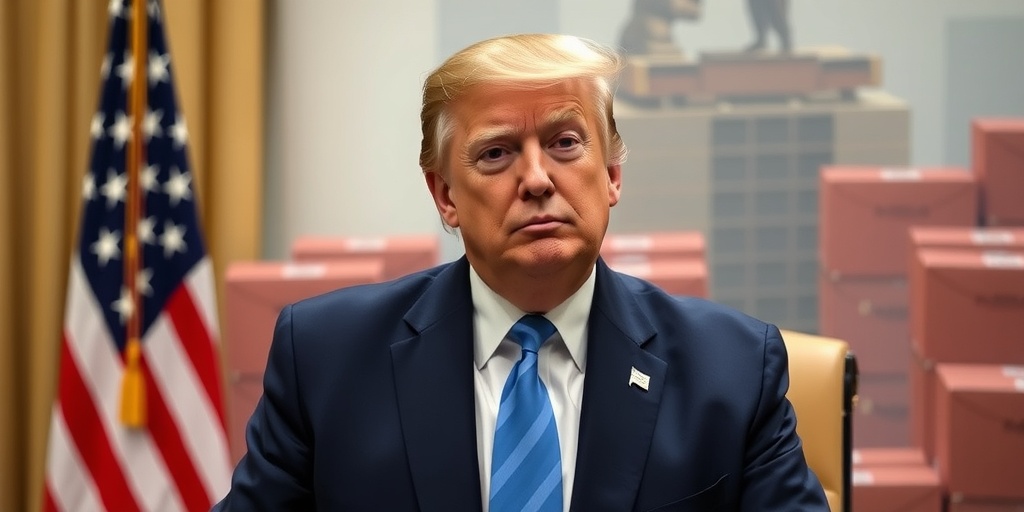Now Reading: Key Week for Trump: New Tariffs and State Elections Challenge His Momentum
-
01
Key Week for Trump: New Tariffs and State Elections Challenge His Momentum
Key Week for Trump: New Tariffs and State Elections Challenge His Momentum
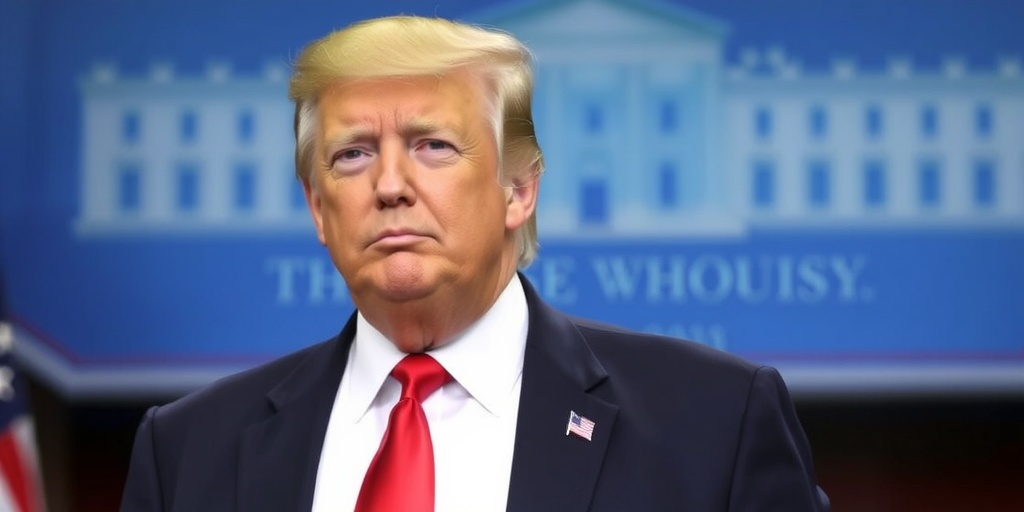
Trump Faces Critical Political Challenges Amidst Upcoming Elections and Tariffs
As President Donald Trump prepares for significant tests of his political momentum this week, Democrats are gearing up to transform various down-ballot races into a referendum on his leadership. The stakes are high, especially with the president’s anticipated tariffs that could unsettle both allies and consumers.
Key among the upcoming events is a State Supreme Court election in Wisconsin, scheduled for Tuesday. This election is viewed as a barometer of Trump’s support in a state he narrowly won last year. Trump’s preferred candidate has been backed financially by Elon Musk and a group he funds, which has invested over $20 million to bolster her campaign. White House officials are increasingly anxious about this race, especially as it coincides with a highly competitive campaign for a traditionally Republican House seat in Florida. This seat was vacated by Representative Michael Waltz when he accepted the position of national security adviser for Trump.
The White House sees victories in these races as crucial for consolidating Trump’s influence within the Republican Party, particularly as the administration grapples with the fallout from inadvertently sharing military plans with a journalist via a commercial app.
With a narrow majority in the House, Republicans are particularly focused on the Florida election, which is critical for advancing Trump’s agenda. In Wisconsin, the election results may reflect public sentiment toward Trump’s administration, including his efforts to reduce the federal workforce, his strict immigration policies, and initiatives aimed at eliminating diversity, equity, and inclusion programs.
"It’s a big race," Trump remarked concerning the Wisconsin judicial contest, highlighting the political significance that state holds. As he signed executive orders in the Oval Office, he expressed that the outcome could have far-reaching implications for elections in Wisconsin.
In addition to these elections, Trump is set to unveil his much-anticipated tariff plan on Wednesday, which he has dubbed "Liberation Day." He claims this initiative will liberate the United States from trade agreements that he believes have unfairly disadvantaged the country. However, this plan has raised concerns among investors, who fear that the tariffs could lead to inflation and diminished consumer spending, exacerbating economic worries heading into the elections.
White House Press Secretary Karoline Leavitt attempted to calm these fears, assuring the public that the tariffs are meant to rectify long-standing unfair trade practices. "The president is doing this in the best interest of the American worker," she explained. "He has always stated that the stock market is merely a snapshot of a moment in time, and what he is doing is best for Main Street; Wall Street will adjust accordingly."
Despite the optimistic tone from the White House, the S&P 500 recently experienced its largest monthly decline in over two years, a development spurred by uncertainty around the specifics of Trump’s tariff policies. In light of impending economic indicators, investors are also closely monitoring a monthly jobs report set to be released on Friday.
"We’re going to see incredible success in this country," Trump proclaimed on Sunday, suggesting that the nation is on the precipice of a booming economy, confident in what he termed "Boomtown, U.S.A."
As the administration navigates these political waters, another pressing issue is looming: the future of TikTok in the United States. The short-form video app, owned by a Chinese company, has been under scrutiny over concerns that the Chinese government could access sensitive user data. According to legislation passed last year, TikTok must be sold by Saturday or face a potential ban. Trump, who had previously extended the deadline in January, indicated on Monday that he might do so again if a sale is not finalized. However, it remains uncertain whether he has the authority to bypass the mandates set by law.
Furthermore, Trump hinted that he may consider easing upcoming tariffs on China to facilitate an agreement regarding TikTok. This approach appears to recognize the importance of appealing to younger voters, a demographic where Republicans typically struggle for support.
"I’d like to see TikTok remain operational," Trump said while speaking with reporters aboard Air Force One. He acknowledged the potential impact of the app on his party’s relationship with younger constituents, stating, "Republicans generally don’t do very well with the young crowd, and I think a lot of it could have been TikTok."
In conclusion, this week marks a pivotal moment for President Trump as he attempts to solidify his position within the Republican Party and navigate the complexities of trade policy, all while facing critical elections that could shape the political landscape leading up to the next general election.
Stay Informed With the Latest & Most Important News
Previous Post
Next Post
-
 01New technology breakthrough has everyone talking right now
01New technology breakthrough has everyone talking right now -
 02Unbelievable life hack everyone needs to try today
02Unbelievable life hack everyone needs to try today -
 03Fascinating discovery found buried deep beneath the ocean
03Fascinating discovery found buried deep beneath the ocean -
 04Man invents genius device that solves everyday problems
04Man invents genius device that solves everyday problems -
 05Shocking discovery that changes what we know forever
05Shocking discovery that changes what we know forever -
 06Internet goes wild over celebrity’s unexpected fashion choice
06Internet goes wild over celebrity’s unexpected fashion choice -
 07Rare animal sighting stuns scientists and wildlife lovers
07Rare animal sighting stuns scientists and wildlife lovers













